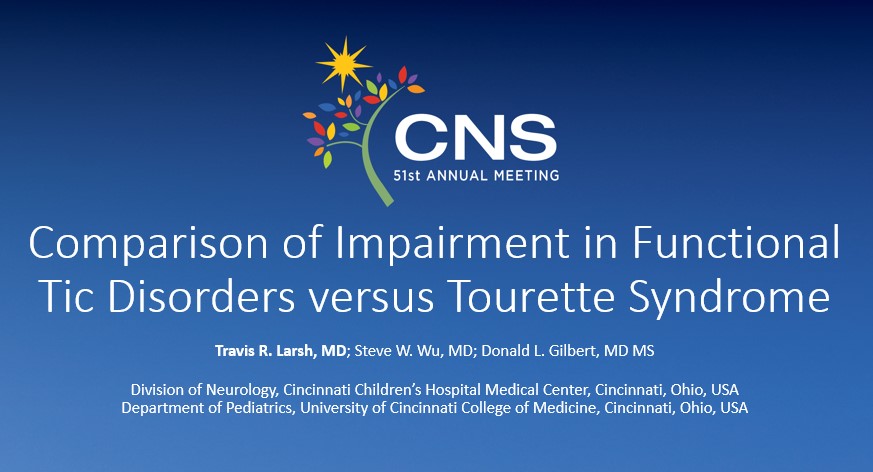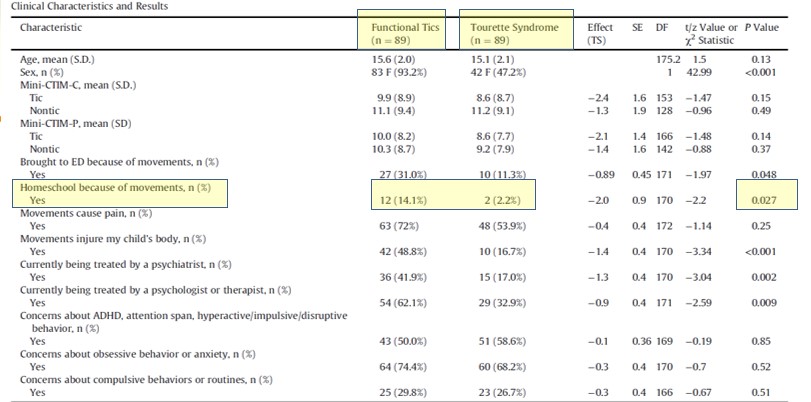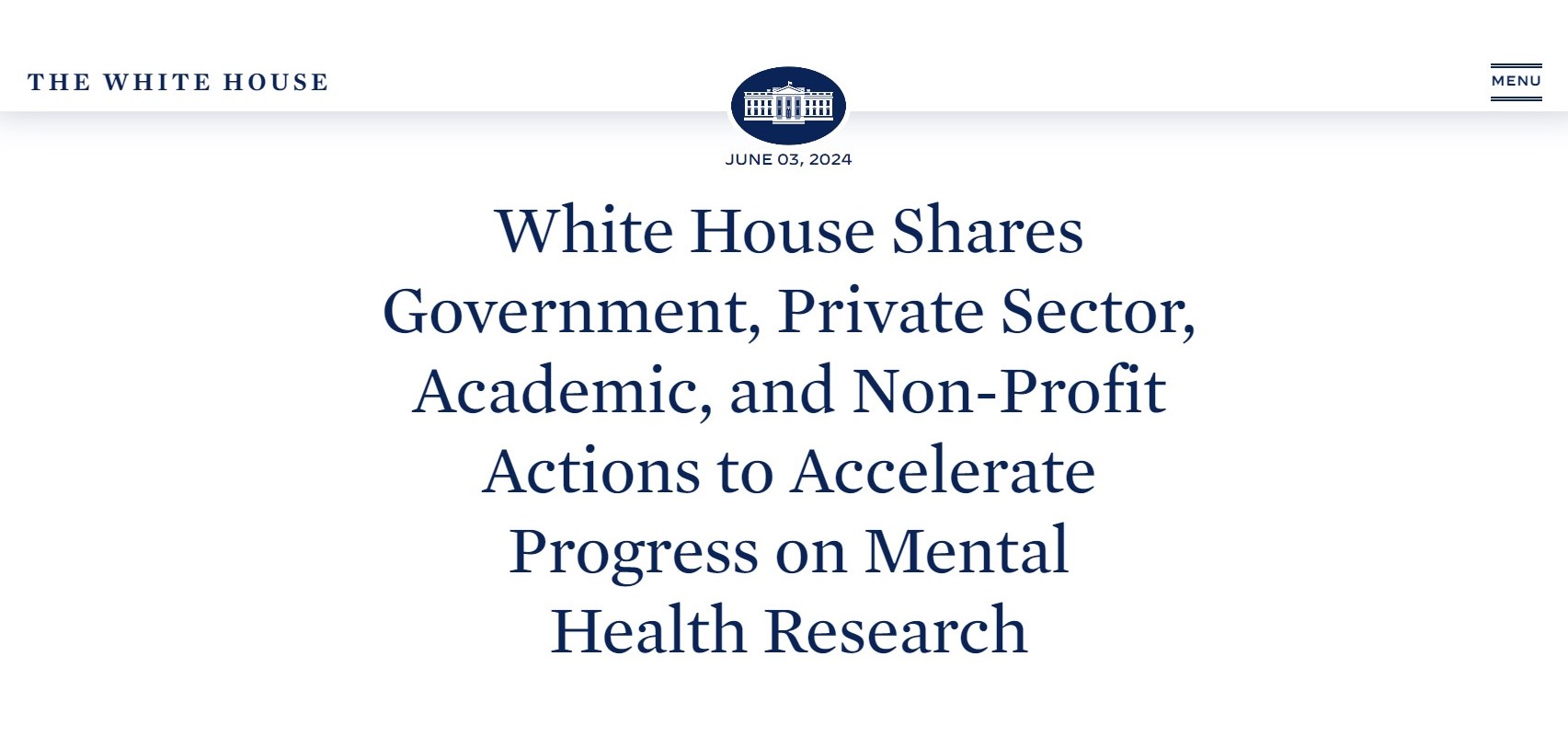A Closer Look at the TikTok Tics Phenomenon
Post Date: October 26, 2022 | Publish Date:

Spikes in emergency visits, homeschooling triggered by social media-associated tics, Cincinnati Children’s data shows. Cognitive behavior therapy (CBT) recommended over medications.

The phenomenon made headlines during the thick of the COVID pandemic. Some young people confined to their homes and spending hours on social media sites started watching videos of teens exhibiting involuntary movements called tics–then started developing tics themselves.
Neurologists caring for people with Tourette syndrome–the best known group of people with tic disorders–found themselves working with a new group of teens and families. Speculation ensued. Now, data is emerging.
Travis Larsh, MD, a pediatric movement disorders specialist at Cincinnati Children’s, presented findings Oct. 13, 2022, at the annual Child Neurology Society meeting, held in Cincinnati. His work was also discussed by multiple national experts in an article posted in Neurology Today.
See chart below for key findings:

Contrary to some skeptical headlines, the functional tics (FT) experienced by the teens were quite real. Painful and surprising enough for parents to take children to local emergency departments. Disruptive enough that families opted to homeschool some children.
That the level of impairment associated with functional tics did not appear more severe than tics associated with Tourette syndrome (TS), shows that both groups of adolescents have experienced a significant level of impairment during the pandemic, Larsh says.
“Yes, children (particularly adolescents) can develop tic-like behaviors from likely a combination of contributing factors, including stress, anxiety, and in susceptible individuals, witnessing these in others,” Larsh says. “These are called functional tics, a type of functional neurological disorder. Our experience indicates that, similar to other functional neurological disorders, functional tics are best managed with cognitive behavioral therapy. Medications intended to treat the tics directly are not helpful for this type of movement and may cause unneeded side effects.”
If your child or patient is experiencing life-disrupting tics, please contact the Tourette Syndrome and Tic Disorder Clinic at Cincinnati Children’s, or call 513-636-4222 to schedule an assessment.
Read more in a June 2022 letter to Pediatric Neurology





